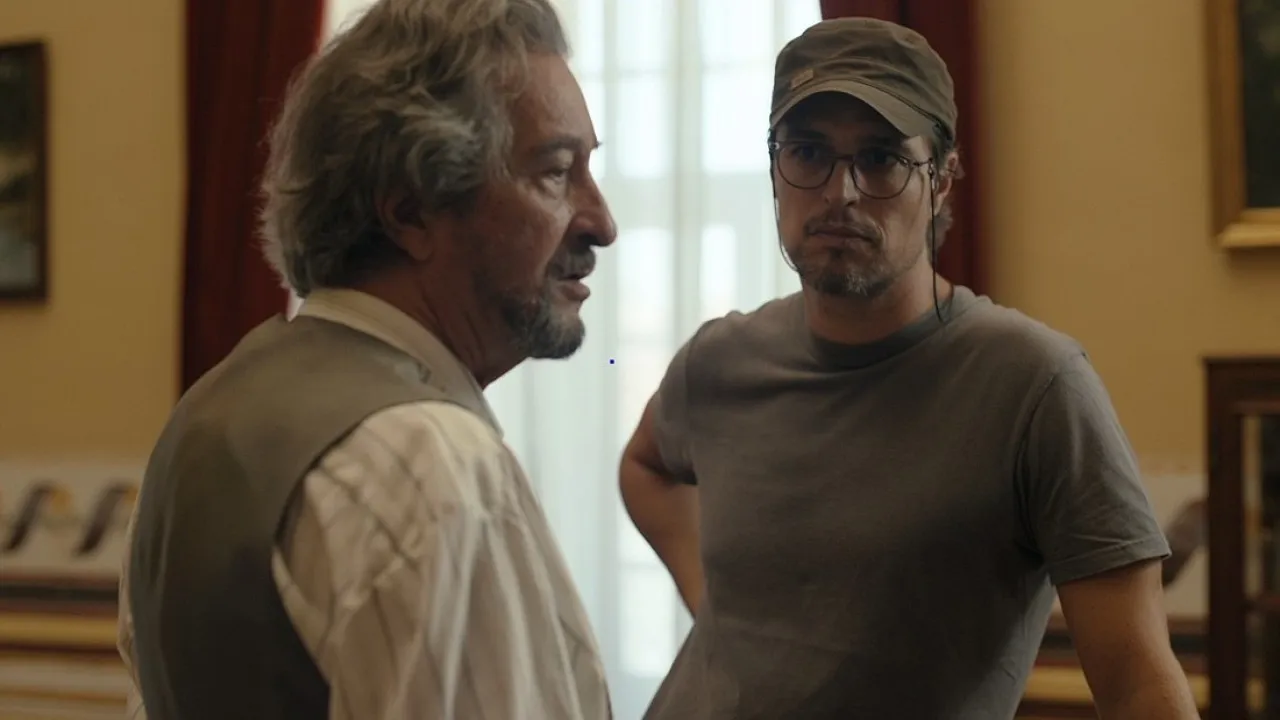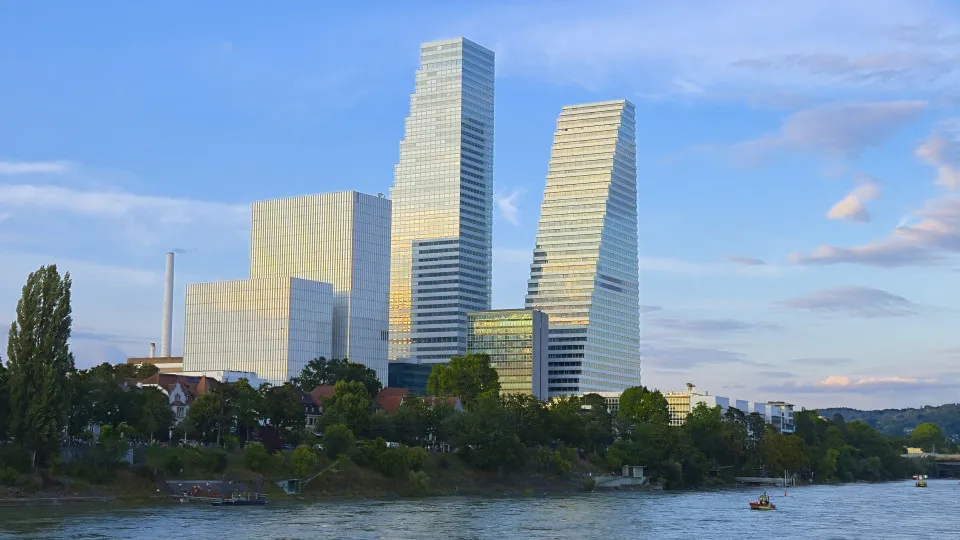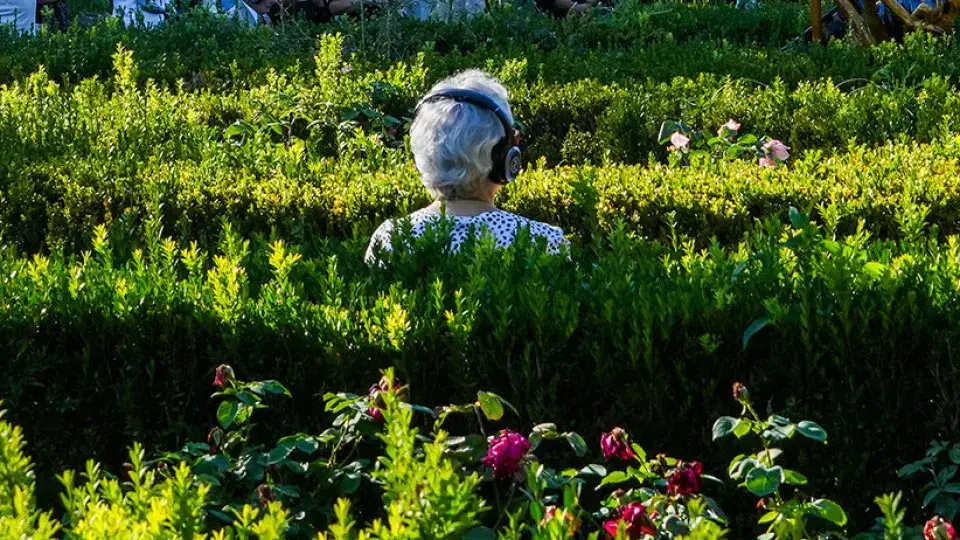
The film ‘The Place of Dreams’, written and directed by Diogo Morgado, is set to hit cinemas this Thursday, August 28. This drama-fantasy hybrid is described as “a tribute to cinema and the importance of stories in people’s lives.”
‘The Place of Dreams’ narrates the tale of a grandfather and grandson, highlighting generational bonds. “Viewers will realize that the grandfather wasn’t a perfect father, and the mother strives to be the best she can. We are all trying our best, and love is what unites us,” Diogo Morgado stated in conversation with Notícias ao Minuto.
Carlos Areia stars as the grandfather Júlio, while the young actor Gonçalo Menino portrays his grandson, João.
An unexpected addition to the cast is singer Áurea, who takes on the role of Sofia, João’s mother and Júlio’s daughter. The film also features José Fidalgo, Maria Viralhada, Ricardo de Sá, Guilherme Filipe, Pedro Lacerda, Carmen Santos, and Pompeu José. Diogo Morgado makes a minor appearance in one scene.
This unique film incorporates various styles, including video games, animation, and lettering, with Morgado hoping it “touches many hearts.”
‘The Place of Dreams’ combines numerous concepts, values, and insights, sparking the imagination and cinema’s magic. It tackles generational encounters, such as the idea that work isn’t everything. The intention was to create a Portuguese film with these elements, as the cinema industry has faced challenges, especially after Covid-19, amidst the streaming boom.
Morgado aimed to pay homage to cinema and storytelling’s significance. Humans have always shared stories, even before learning to speak, from ancient cave paintings to films—essentially images in motion.
This film transcends modern mediums like streaming platforms, YouTube, and video games, building connections instead of critiquing them. “The grandfather learns from the grandson, and vice versa, in imperfect families. Love is what binds us,” Morgado emphasized.
For Morgado, stories serve as important reflections and thoughtful dialogues. The film honors significant movies for him, like ‘Cinema Paradiso,’ which drove him to question many aspects as a child.
Morgado highlighted that the evolution of humanity stems from our questions, as reflected in philosophy. The film’s narrative is crafted to spark family discussions at the cinema.
Through video games, animation, and lettering, he connects with contemporary communication methods. Instead of criticizing, it’s about embracing them for storytelling.
Children seeing the trailer will recognize familiar elements from their daily experiences on YouTube or gaming. Morgado envisions a vibrant future for Portuguese cinema by engaging new generations.
He hopes in years to hear: ‘Your film was my first Portuguese cinema experience.’ Morgado, a father, tailored the script considering such dynamics.
He believes stories are akin to true magic, eliciting feelings beyond explanation. Inspired by various stories himself, Morgado sees films like ‘Rocky’ as impactful, embodying perseverance in simple narratives.
While appreciating auteur cinema, he champions creative diversity in Portuguese cinema, yearning for a spectrum of genres beyond traditional norms.
‘The Place of Dreams’ challenges perceived impossibilities in Portuguese cinema, breaking expectations and pushing creative boundaries.
In the United States, Oscar-nominated films have extensive promotional budgets, illustrating the challenges of reaching audiences. Despite obstacles, Morgado advocates perseverance in storytelling.
He encourages an eclectic film industry, like Netflix’s genre variety, hoping to provide audiences with diverse choices.
Highlighting financial constraints, Morgado calls for blending creativity with commercial appeal without compromising artistic integrity.
His film conveys life’s genre to be an action film, reflecting dynamic personal experiences that aren’t always publicly known.




